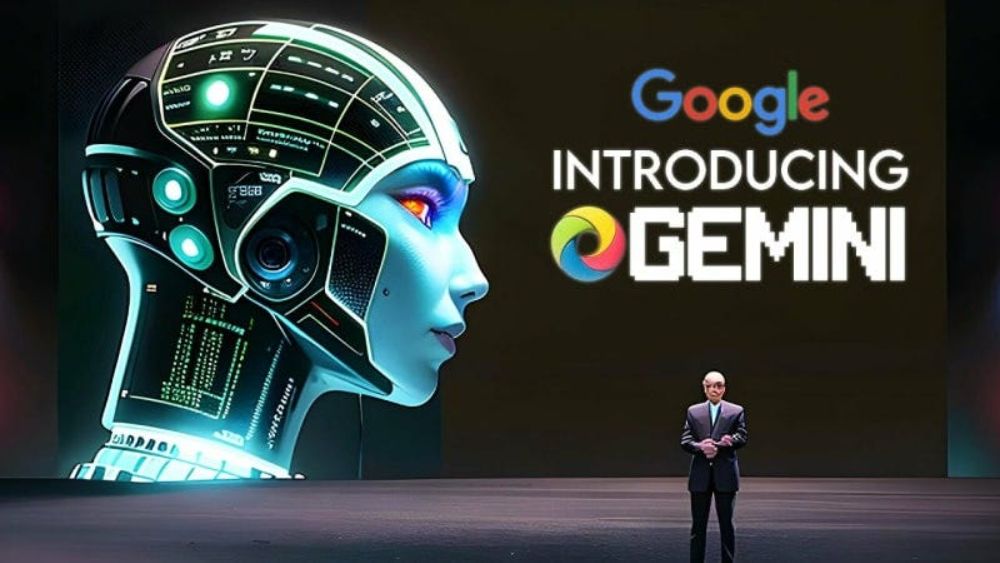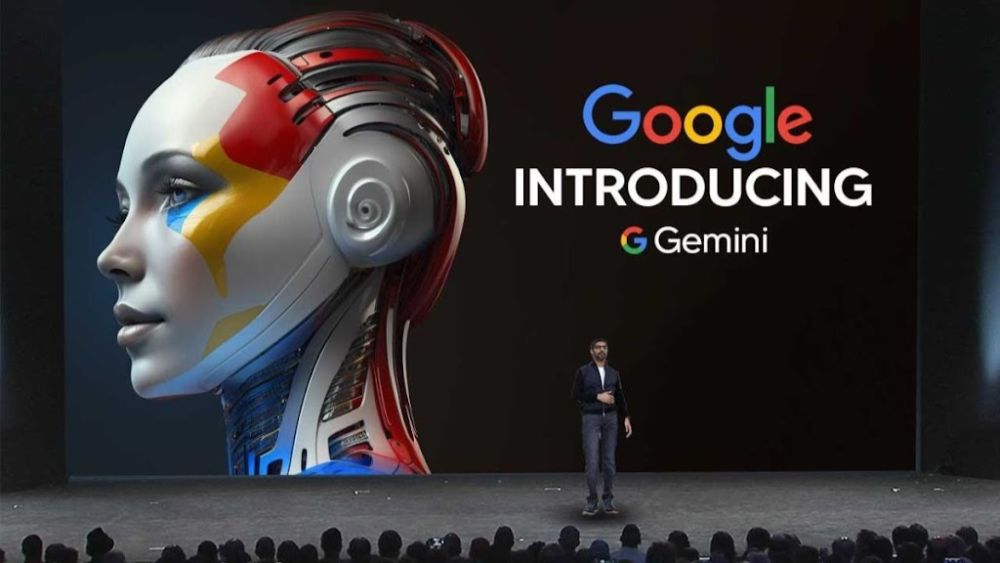Google has recently unveiled its latest artificial intelligence model named Gemini, developed by its DeepMind division. Positioned to rival other AI systems such as OpenAI’s ChatGPT, Gemini is designed to exhibit human-like behavior and surpass the capabilities of existing models in tasks like comprehension, summarization, reasoning, coding, and planning.

Gemini encompasses three distinct sizes within its suite: Gemini Ultra, the largest and most capable category; Gemini Pro, versatile across various tasks; and Gemini Nano, tailored for specific functions and mobile devices. Google plans to license Gemini to customers through Google Cloud, allowing them to integrate the model into their applications. Starting from December 13, developers and enterprise customers can access Gemini Pro through the Gemini API in Google AI Studio or Google Cloud Vertex AI. Android developers will also have the opportunity to leverage Gemini Nano. Additionally, Gemini will power Google products like the Bard chatbot and Search Generative Experience.
CEO Sundar Pichai highlighted Gemini’s multimodal capabilities, emphasizing its ability to understand and seamlessly operate across diverse types of information, including text, code, audio, image, and video. In benchmark tests, Gemini’s Ultra model reportedly outperformed GPT-4, as indicated in a white paper released by Google.

Regarding the potential monetization of “Bard Advanced,” Sissie Hsiao, Google’s general manager for Bard, stated that the focus is currently on delivering a positive user experience, and no details about monetization have been disclosed yet.
In tandem with the Gemini announcement, Google introduced its next-generation tensor processing unit (TPU) for training AI models. The TPU v5p chip, already adopted by Salesforce and startup Lightricks, promises superior performance for the price compared to the TPU v4 introduced in 2021.
